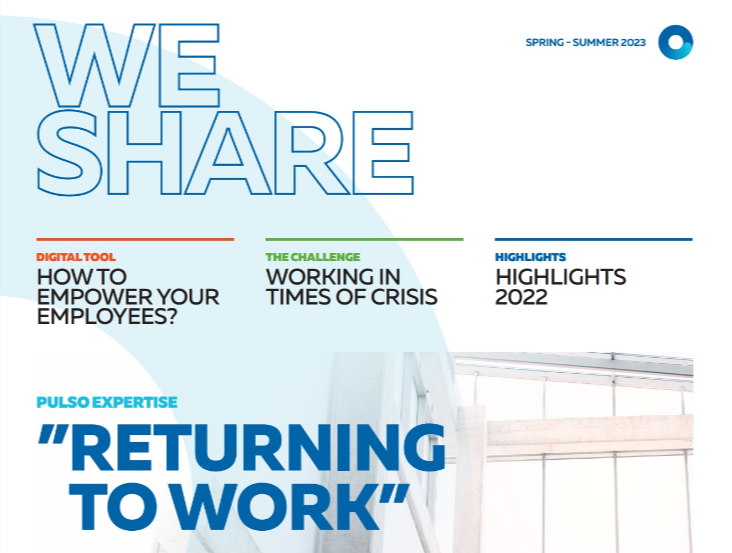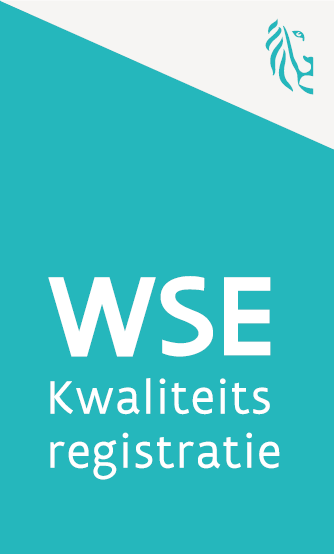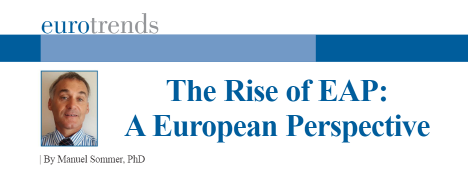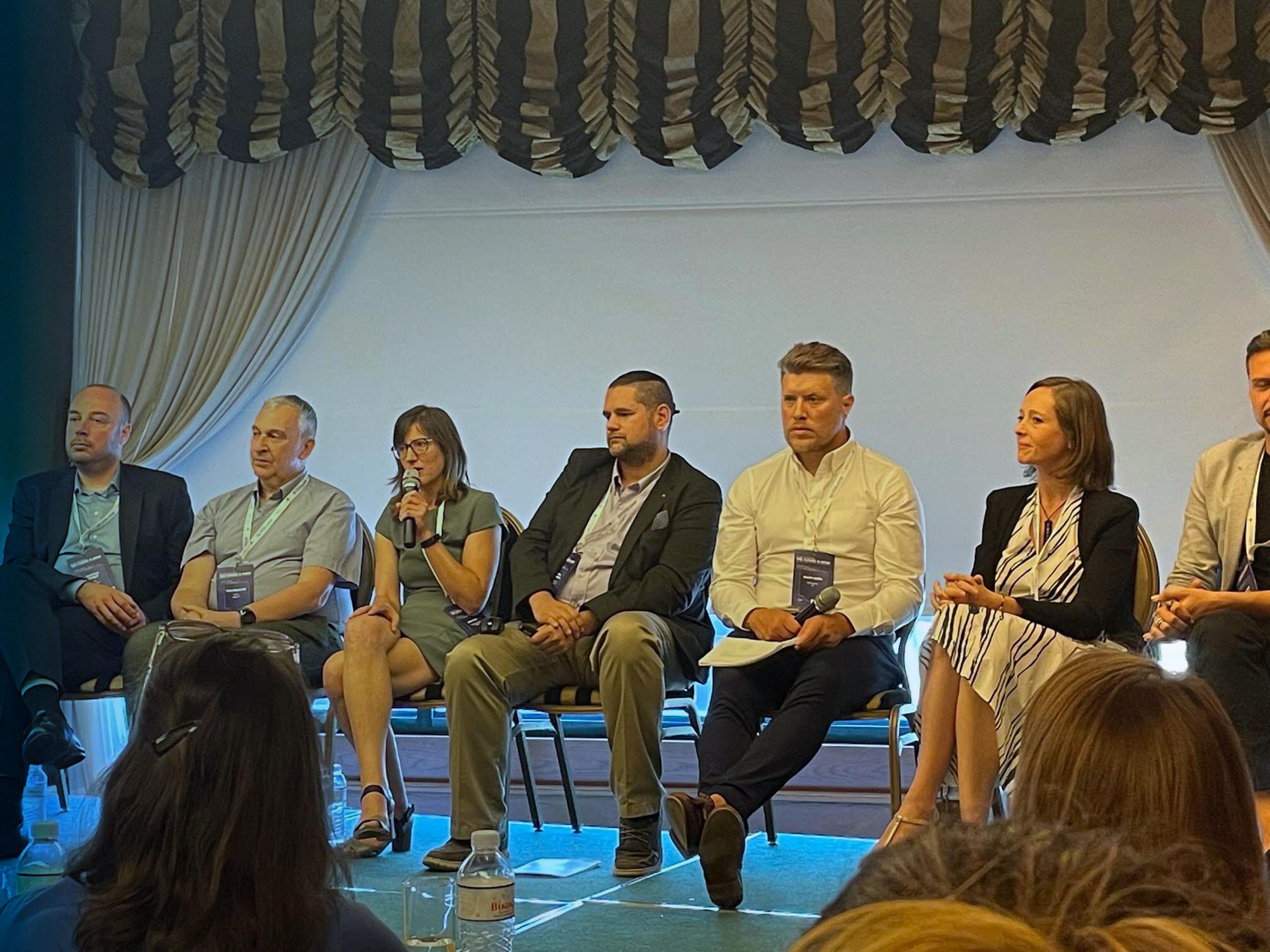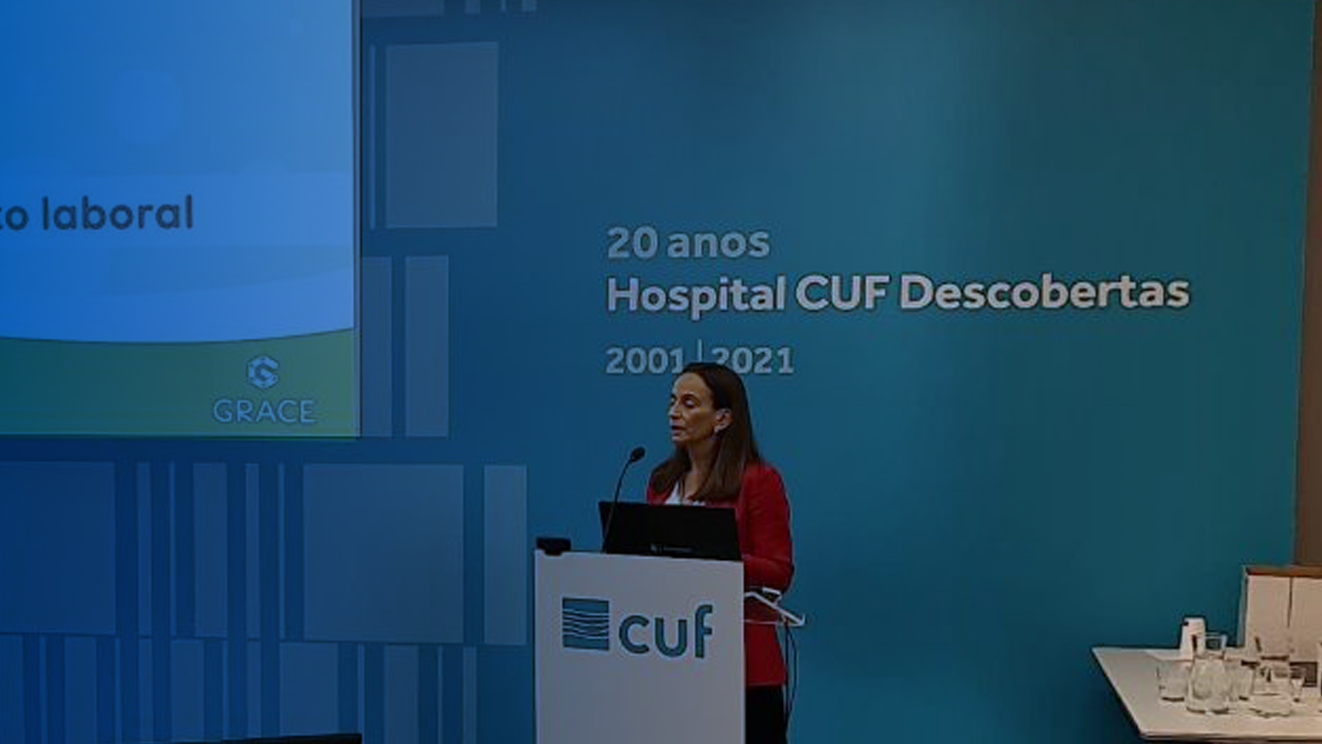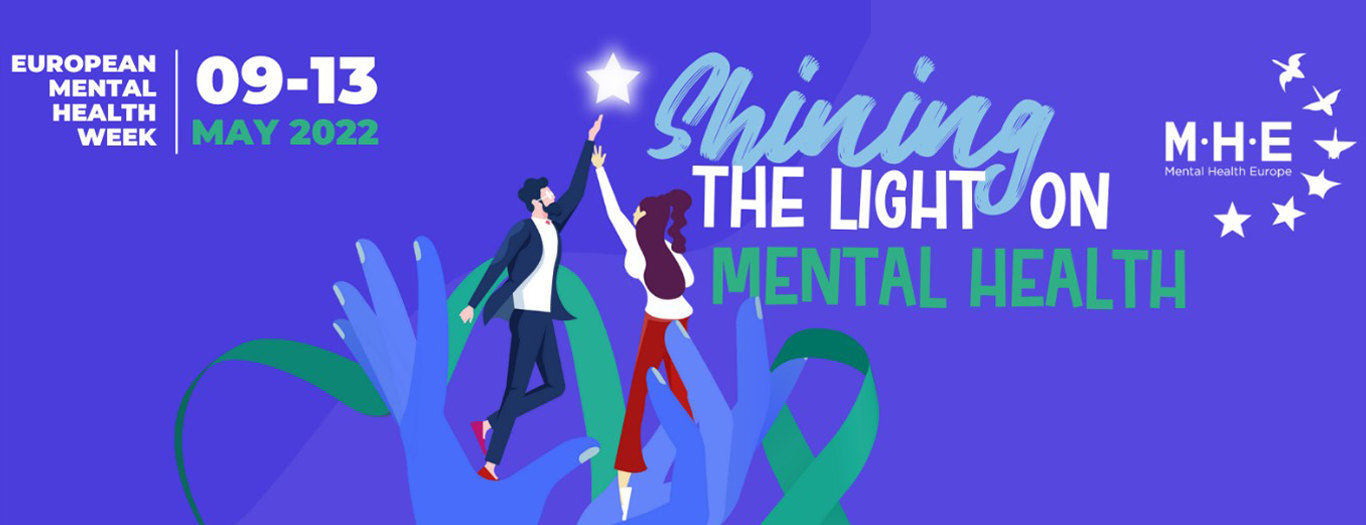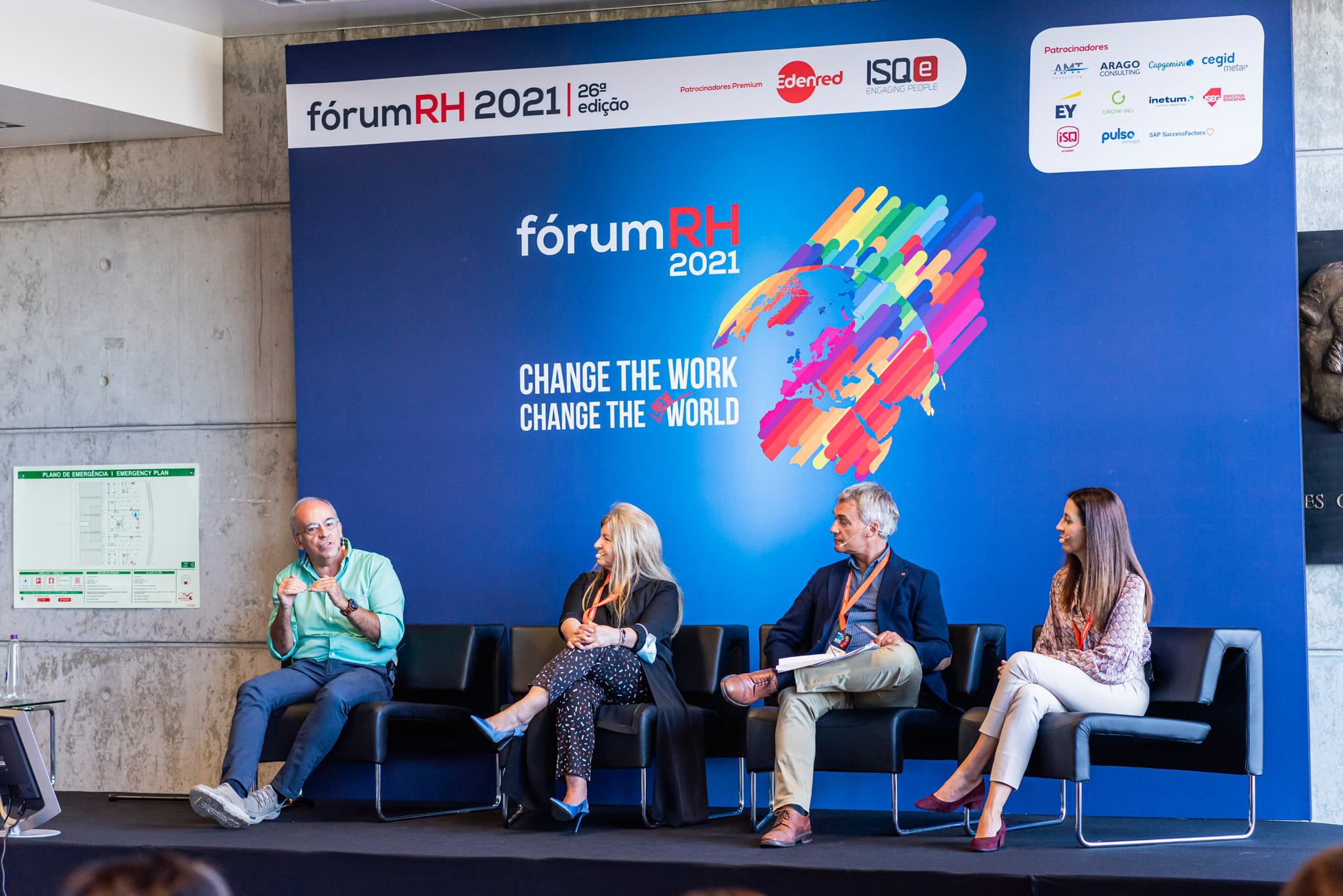Fostering Wellbeing Social Support on World PTSD Day

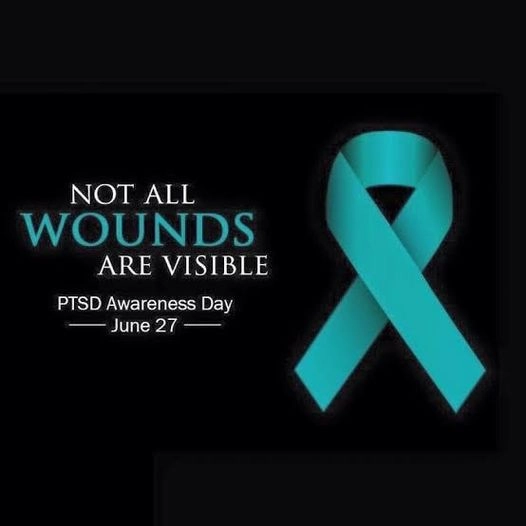
Honoring World PTSD Day: Fostering Wellbeing Social Support
On World PTSD Day, we at Pulso Group join the global community in recognising the importance of mental health and resilience. Today, we stand together to shed light on post-traumatic stress disorder (PTSD) and its impact on individuals worldwide.
At Pulso, we engage in promoting wellbeing and supporting those affected by PTSD. We understand that healing from trauma requires compassion, understanding, and a safe space to share experiences. Today, we raise our voices to destigmatise mental health and emphasise the significance of resilience in the face of adversity.
It is astounding to realize that 70% of individuals will experience at least one traumatic event in their lifetime. These events can range from natural disasters and accidents to personal assaults or witnessing violence. While many people are able to recover on their own, around 15-20% may develop PTSD, which can have a lasting impact on their mental health and overall well-being.
To effectively support individuals with PTSD, it is essential to recognize the signs and symptoms. Common indicators include intrusive memories, nightmares, flashbacks, hypervigilance, avoidance of triggers, changes in mood or behavior, and difficulty concentrating or sleeping. By being vigilant and observant, we can identify those who may be silently battling with PTSD and extend a helping hand.
Social support is proven to be one of the most important protective factors for preventing and managing PTSD. Whether you receive support from your family, friends or colleagues, knowing that one is not alone and having a network of caring individuals can make a world of difference in the aftermath of a traumatic event. As professionals, we can contribute to creating a safe workspace where colleagues feel comfortable seeking support and sharing their experiences. To promote social support within our organizations, we can implement several key strategies:
1. Education: By providing educational and training sessions on mental health and the impact of trauma, we can equip our workplaces with the knowledge to recognize signs of PTSD and offer appropriate support.
2. Open Communication: By encouraging open communication about mental health and providing platforms for individuals they can share their experiences without fear of judgment. This can be done through workshops, discussion groups, or internal support networks.
3. Employee Assistance Programs (EAPs): Establishing EAPs that provide access to mental health resources and professional support can be crucial in helping employees cope with trauma and prevent the escalation of symptoms.
4. Educating Managers and Leaders: Educating managers and leaders about PTSD and equipping them with tools to support their team members is crucial. This can involve training on active listening, empathetic communication, and recognizing when professional help may be required.
We encourage open dialogue, empathy, and support within our organisation and our customer organisations. Together, we can build a culture that prioritises mental health, provides access to resources, and fosters a sense of belonging and empowerment.
On this World PTSD Day, we express our gratitude to the dedicated professionals and researchers who work tirelessly to understand and treat PTSD. Their expertise and compassion provide hope and guidance to those in need.
Source: Olff et al. (2019); Roberts et al. (2019); Erik De Soir (2013)








